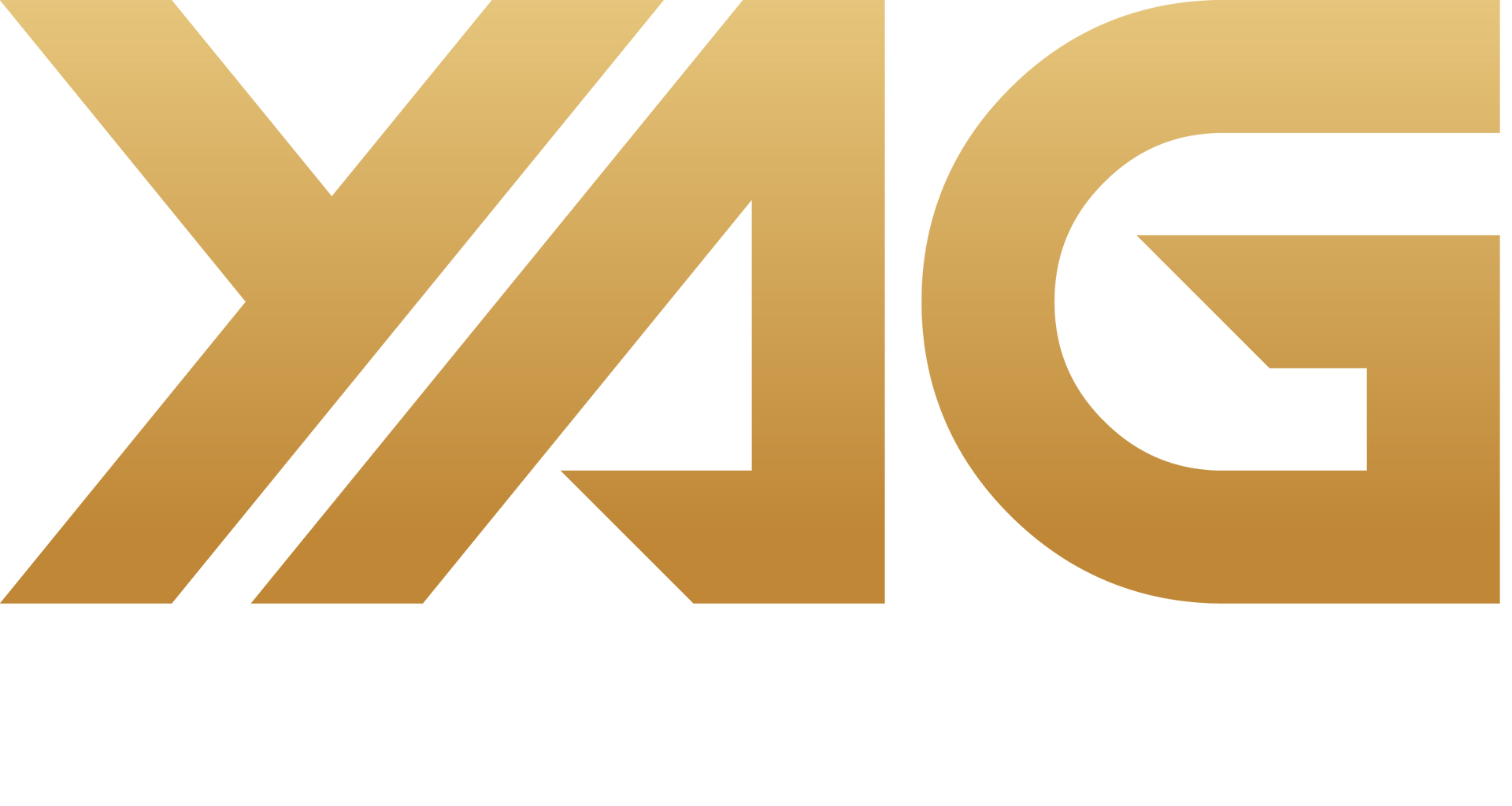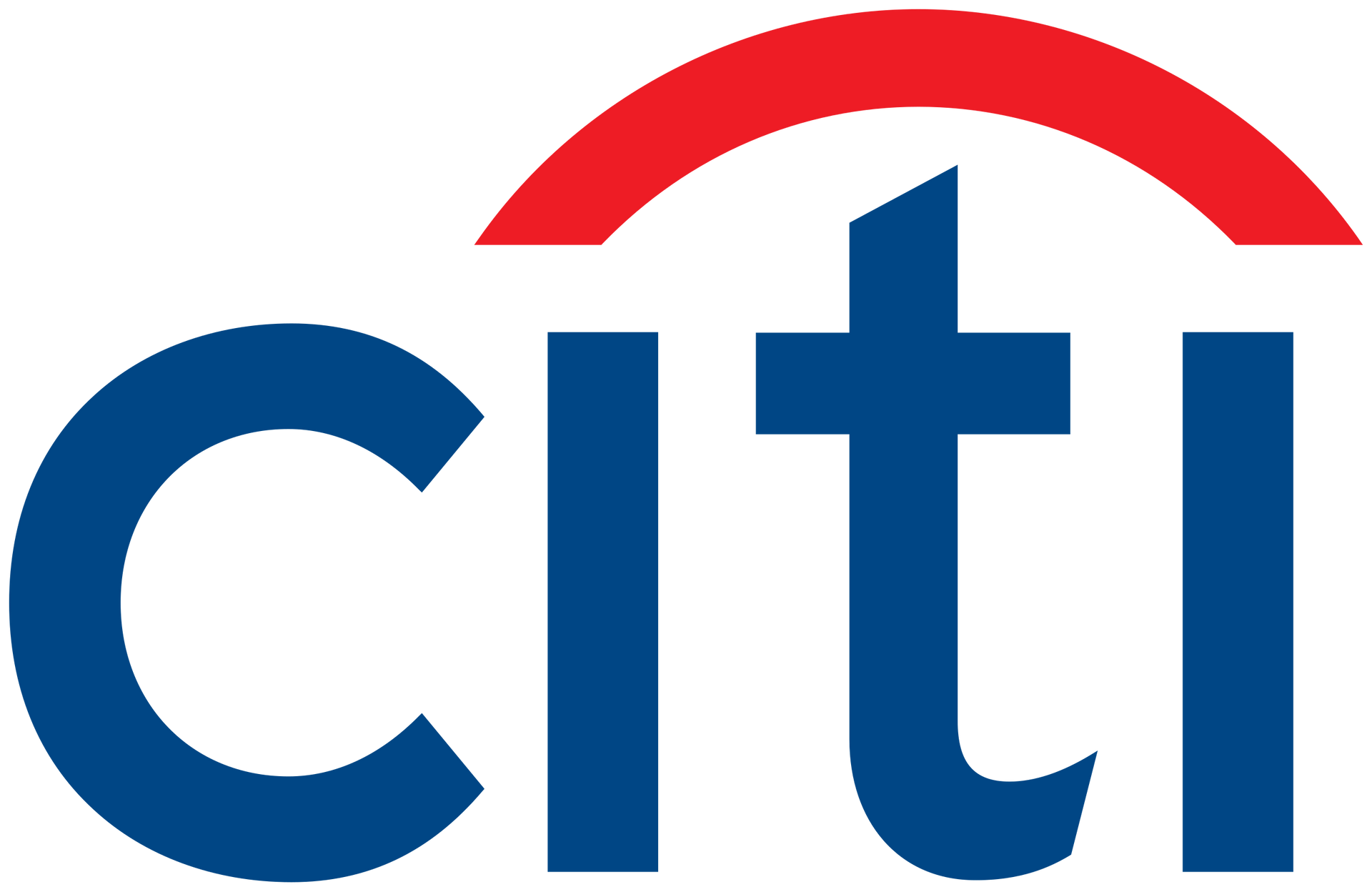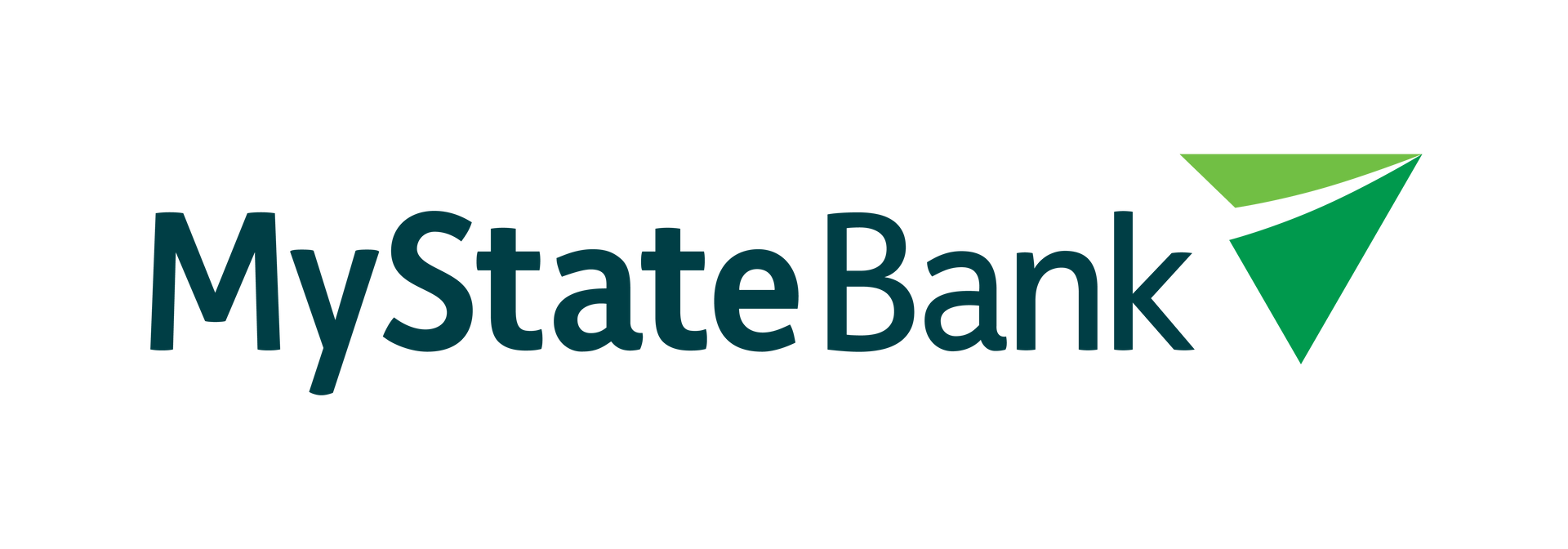What Is Business Car Finance?
Business car finance provides a financial solution for companies aiming to acquire vehicles crucial for their operational needs without bearing the hefty upfront costs. At Your Advisor Group, we work hard to help clients purchase the perfect vehicle for their business. These specialised loans cater to various business types, including sole traders, partnerships and corporations, facilitating the purchase of vehicles used primarily for business purposes.
Different types of commercial car loans, such as secured loans, unsecured loans and fixed-rate loans, offer diverse structures to suit varied business needs and preferences. Our
finance brokers understand the nuances of each loan type, their application processes and the eligibility criteria, which is crucial for securing the optimal vehicle finance. To discuss a business car loan, get in touch today.
Business Car Finance Types & Features
Secured Loans
With a secured business car loan you are required to provide collateral such as the vehicle or property as security against the loan. Lenders generally offer lower interest rates for secured loans as there is less risk for them.
Unsecured Loans
You are not required to provide any security; the lender will base approval of your loan on your credit score. This specific type of loan typically has higher interest rates and you may not be able to borrow as much.
Fixed Rate Loans
Throughout the course of your car loan, your interest rate and repayments will stay the same. A fixed interest rate will make budgeting easier as the repayments will not fluctuate.
Finance Lease
A finance lease is a commercial agreement where the lender purchases the vehicle and leases it to the borrower. The borrower makes regular lease payments to use the vehicle and has the option to purchase it at the end of the lease term.
Novated Lease
A novated lease is an arrangement made between an employer, an employee and a finance company. The employer makes lease payments on behalf of the employee, deducted from the employee's pre-tax salary.
Operating Lease
An operating lease is similar to renting; the borrower pays to use the vehicle for a predetermined period without the intention of ownership. At the end of the lease, the vehicle is returned to the lender.
Is a Commercial Car Loan Right For Your Business?
Opting for a commercial car loan can significantly enhance a company's operational capabilities while offering notable financial advantages. One of the key benefits includes effective cash flow management, enabling businesses to spread the vehicle cost over a manageable period, mitigating the impact of substantial upfront expenditures.
Additionally, certain tax advantages, such as potential deductions for depreciation and interest charges, can be leveraged, providing financial relief in specific scenarios. Acquiring a vehicle through a loan can improve service delivery and potentially drive enhanced revenue generation, all while preserving crucial working capital for other operational necessities.
Book a free 15-minute discovery call today!
Business Car Loan Calculator
Secured vs Unsecured Business Vehicle Finance
Understanding the difference between secured and unsecured car loans is crucial when choosing the best financing option for your unique circumstances.
A secured car loan is where the lender uses the vehicles as security against the loan. Meaning if payments are missed they may repossess the car. An unsecured car loan is where the lender doesn’t require any collateral against the loan.
Secured Car Loans:
- Generally lower interest rates, as the loan is secured against the vehicle
- The lender can repossess the vehicle if repayments are not made
Unsecured Car Loans:
- Higher interest rates due to the increased risk to the lender
- No collateral is required, offering more flexibility in vehicle choice
What to Consider Before Applying for A Business Car Loan
When it comes to growing your business, securing a reliable vehicle can be a crucial step. Whether you're looking to expand your fleet or simply need a dependable car for daily operations, business car finance can be an excellent solution.
However, before diving into the application process, there are several important factors to consider to ensure you make the best financial decision for your business.
Assessing Your Business Needs
Before applying for a business car loan, it's essential to define how the vehicle will be used. Consider the following:
- Frequency of Use: How often will the vehicle be in use? Daily, weekly or occasionally?
- Type of Use: Will it be used for transporting goods, providing services or both?
- Size & Capacity: What size and type of vehicle best suit your business needs?
Understanding your budget is critical. Beyond the purchase price of the vehicle, consider the following costs:
- Loan Repayments: Calculate your monthly repayments and ensure they fit within your budget.
- Running Costs: Factor in fuel, maintenance, insurance and registration fees.
- Depreciation: Consider how the vehicle's value will depreciate over time.
Financial Health & Creditworthiness
Business Financial Statements
Lenders will typically require detailed financial statements to assess your business's financial health. Be prepared to provide:
- Profit & Loss Statements: These show your business's revenue, expenses and profit over a period.
- Balance Sheets: These outline your business's assets, liabilities and equity.
- Cash Flow Statements: These detail the inflows and outflows of cash in your business.
Credit History
Your business's credit history will play a significant role in the loan approval process. A strong credit history can improve your chances of securing favourable loan terms.Ensure your credit report is accurate and address any discrepancies before applying.
Business Car Loan Features & Terms
Interest rates can vary significantly between lenders. Compare rates to find the best deal for your business. Consider whether a fixed or variable interest rate suits your financial situation.
- Fixed Interest Rates: These remain constant throughout the loan term, providing predictable repayments.
- Variable Interest Rates: These can fluctuate with market conditions, potentially offering lower rates but with less predictability.
The loan term will affect your monthly repayments and the total cost of the loan. Shorter terms typically result in higher monthly repayments but lower overall interest costs, while longer terms offer lower monthly repayments but higher total interest costs.
Repayment Flexibility
Check if the lender offers flexible repayment options, such as:
- Extra Repayments: The ability to make additional repayments without penalties can help pay off the loan faster.
- Payment Holidays: Some lenders offer payment breaks during financial hardship.
Business Car Loan Tax Implications
GST & Input Tax Credits
When you purchase a vehicle for business use, you may be eligible to claim the Goods and Services Tax (GST) on the purchase price as an input tax credit. Ensure you keep all relevant documentation to support your claim.
Depreciation & Tax Deductions
You can claim depreciation on the business vehicle, reducing your taxable income. Additionally, expenses such as fuel, maintenance and insurance may be tax-deductible.
Consult with an accountant to understand the specific tax benefits available to your business.
Choosing the Right Business Car Loan Lender
Not all lenders are the same. Compare the offerings of various lenders, including banks, credit unions and specialist car finance companies. Consider the following.
- Interest Rates and Fees: Compare the total cost of the loan, not just the interest rate.
- Loan Terms: Ensure the lender offers terms that match your financial situation.
- Customer Service: Look for a lender with a good reputation for customer service
Consider getting pre-approval for your loan. This gives you a clear idea of your borrowing capacity and can streamline the purchasing process. Pre-approval can also give you an advantage when negotiating the vehicle price.
Preparing Your Business Car Loan Application
Having the right documentation ready can speed up the application process. Typically, you will need:
- Business Financial Statements: Profit and loss, balance sheet and cash flow statements.
- Tax Returns: Recent tax returns for your business.
- Identification: Proof of identity for business owners and directors.
- Vehicle Information: Details of the vehicle you intend to purchase, including make, model and purchase price.
Consider seeking advice from finance brokers like Your Advisor Group who specialise in business finance. They can help you understand the best financing options for your business and ensure your application is robust.
Common Pitfalls to Avoid
Avoid borrowing more than your business can comfortably repay. Overextending your finances can lead to cash flow issues and potentially jeopardise your business.
Be aware of all the costs associated with the loan, including application fees, early repayment fees and other charges that might not be immediately obvious.
Carefully read all loan documents before signing. Ensure you understand all the terms and conditions, including interest rates, repayment schedules, and any penalties for late payments.





















